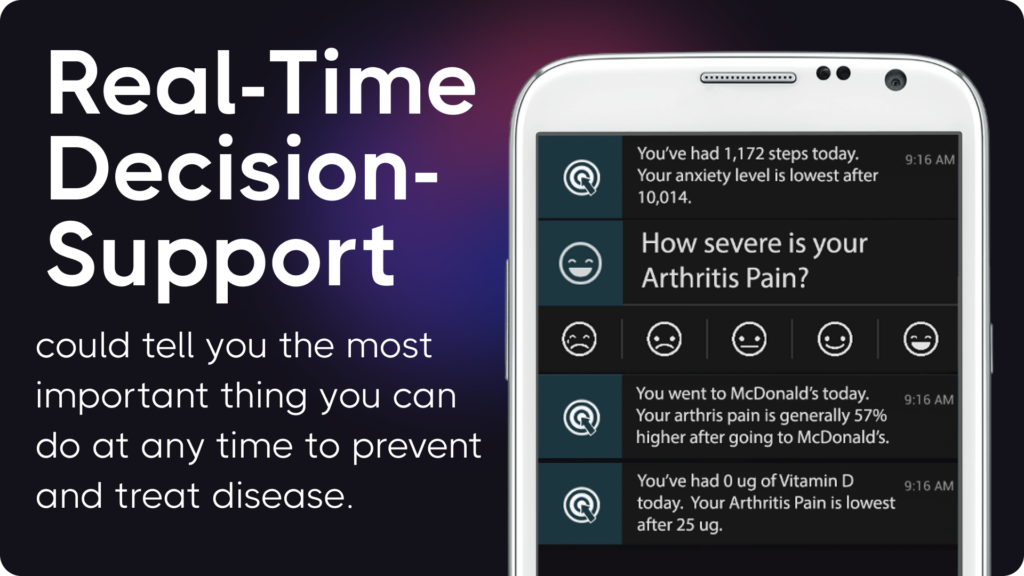Real-Time Decision Support to Treat and Prevent Disease
The FDAi Act proposes a transformative step in our approach to disease management and prevention. By funding the development of a super-intelligent, real-time decision support AI assistant, this legislation could drastically reduce the suffering caused by serious diseases. Let’s break down why this is necessary and how it would work.
The Functionality of the FDAi Assistant

This FDAi assistant wouldn’t be just another app with generic health tips. It would be a sophisticated program capable of:
- Monitoring Your Health Data: Collecting real-time data from various sources, including your physical activity, dietary choices, and even your medication intake.
- Analyzing the Impact: Using advanced algorithms to understand how different factors affect your specific health conditions, like arthritis.
- Providing Actionable Advice: Sending notifications to inform you if certain actions, like visiting a fast-food restaurant, may worsen your condition, or reminding you to get more of a nutrient you’re lacking.
Benefits for Disease Treatment and Prevention
The assistant’s real-time feedback could lead to immediate action, which is crucial for:
- Treating Disease: Managing symptoms more effectively, for example, by adjusting your diet in response to an arthritis flare-up after eating certain foods.
- Preventing Disease: Identifying and modifying behaviors that may lead to disease development or progression.
Implementation

- Causal Inference: The AI would use this method to distinguish between mere correlations and actual causes of symptom changes.
- Black Box Optimization: The assistant would constantly refine its suggestions by learning which inputs (like steps taken or foods consumed) most positively impact your health.
- Control Systems Theory: Applying this concept, the AI would help maintain your health metrics within optimal ranges, adjusting its recommendations as your condition changes.
Support the FDAi Act
By supporting the FDAi Act, you advocate for a future where managing and preventing disease is not just proactive but personalized. This AI assistant represents a shift from reactive healthcare to a model where every individual has access to tailored advice that could alleviate the impact of their conditions.
Real-World Impact
Consider arthritis, a condition affecting millions with pain and mobility issues. With this AI, a patient could receive a notification like, “Your arthritis pain is generally 57% higher after going to McDonald’s.” Such insights allow for immediate dietary adjustments that could alleviate suffering.
Or, for nutrient management, the AI could advise, “Your Arthritis Pain is lowest after 25 ug of Vitamin D,” helping to fine-tune a supplement regimen.
In Summary
The FDAi Act isn’t about wellness trends. It’s about equipping individuals with the tools to make informed decisions that could significantly alter the course of their diseases. This technology is not a luxury but a necessity for those seeking relief from the daily struggles of chronic conditions. Supporting the FDAi Act is an urgent call to action for all who believe in a future where suffering from preventable and manageable diseases is significantly reduced.